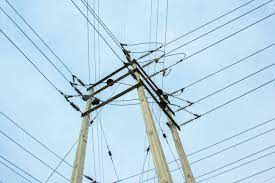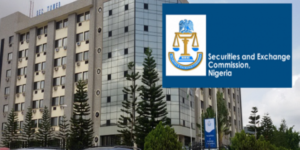
By David Akinmola
Nigeria’s proposed net-billing regulation by the Nigerian Electricity Regulatory Commission (NERC) has generated both excitement and concern among energy stakeholders. While many say the policy could accelerate renewable energy uptake and improve access, Generation Companies (GenCos) and other voices warn that structural and financial challenges may undermine both its implementation and impact on electricity tariffs.
Under the net-billing plan, consumers—especially businesses and industries with solar installations—would be allowed to export surplus electricity back into the national grid. In return, their energy consumption from the grid is billed traditionally, but excess generation is credited, thereby reducing overall electricity bills for these “prosumers.” Proponents say this could reduce dependence on diesel generators, improve energy access in underserved areas, and harness distributed energy resources to relieve stress on Nigeria’s national grid.
Odion Omonfoman, CEO of New Hampshire Capital Limited, praised the proposal’s potential, saying it could open new revenue streams for commercial and industrial operators who already invest in solar power, while also reducing load on inefficient grid infrastructure. However, Omonfoman pointed out that GenCos stand to be among the biggest losers under this model, since diminished demand from DisCos (Distribution Companies) could reduce off-take of power from conventional generation plants.
that many GenCos received less than 40% of their 2024 invoices, despite supplying full or near-full generation output. They argue that the lack of full payments, combined with high costs, lack of metering, and weak regulatory enforcement, makes investment in newer policies like net-billing risky.
These concerns extend into tariff structure. Experts warn that to accommodate net-billing fairly, the tariff system may need adjustment—either in how DisCos are compensated for excess solar supply or in the incentive levels offered to prosumers. Without clear rules, there is a risk that tariffs for non-solar users will have to be raised to offset revenue losses or that prosumers may receive delayed compensation. Omonfoman emphasised that for net-billing to succeed, transparent and mutually agreed tacit or formal interconnection standards and crediting mechanisms will be essential.
Further complicating this picture are already fragile finances in the power sector. GenCos report arrears amounting to trillions of naira, low collection rates by DisCos, high operating costs, and maintenance deficits. If tariffs are not well calibrated, cost burdens could shift unfavourably to consumers.
On the flip side, if well implemented, stakeholders believe net-billing could push tariffs lower for prosumers, promote investments in renewable generation, and reduce overall energy costs in the long run by decreasing reliance on imported fuel and inefficient services. It may also attract both local and foreign investment into solar projects and feed-in mechanisms.
In sum, while NERC’s net-billing policy holds promise of greater energy democracy, reduced costs for solar users, and a greener electricity mix, its success hinges heavily on legislation, regulatory clarity, financial stability for GenCos and DisCos, robust metering infrastructure, and fair tariff design. Energy experts suggest a phased implementation, pilot schemes and stakeholder engagement are crucial for this policy to deliver its intended benefits without unintended cost distortions or disruption of the power supply chain.







